Will 2023 be the year of progress in green construction?

There’s no time quite like the month of January for reflecting on what we’ve achieved over the past year and thinking about what we want to change across the next 12 months.
For the sustainability plight, the good news is that realising a greener construction future could be even higher on the agenda in 2023 as new Aggregate Industries research reveals nearly four in five industry professionals see it as critical. With this, Kirstin McCarthy, our Director of Sustainability, explores the latest state of sustainable play and whether 2023 could be ‘the’ year of upscaling of green products.
To address this, leading construction firms continue to ramp up the scope and speed of delivering on their sustainability commitments around the country.
This is seen in our latest research conducted amongst over 1,100 senior construction professionals. Amongst the key findings, we found that nearly eight in 10 (77%) state sustainability is important to their current organisation. Moreover, four in five (81%) state sustainability is an important driver when choosing one company over a competitor.

Find out how much carbon you are using and what you can save
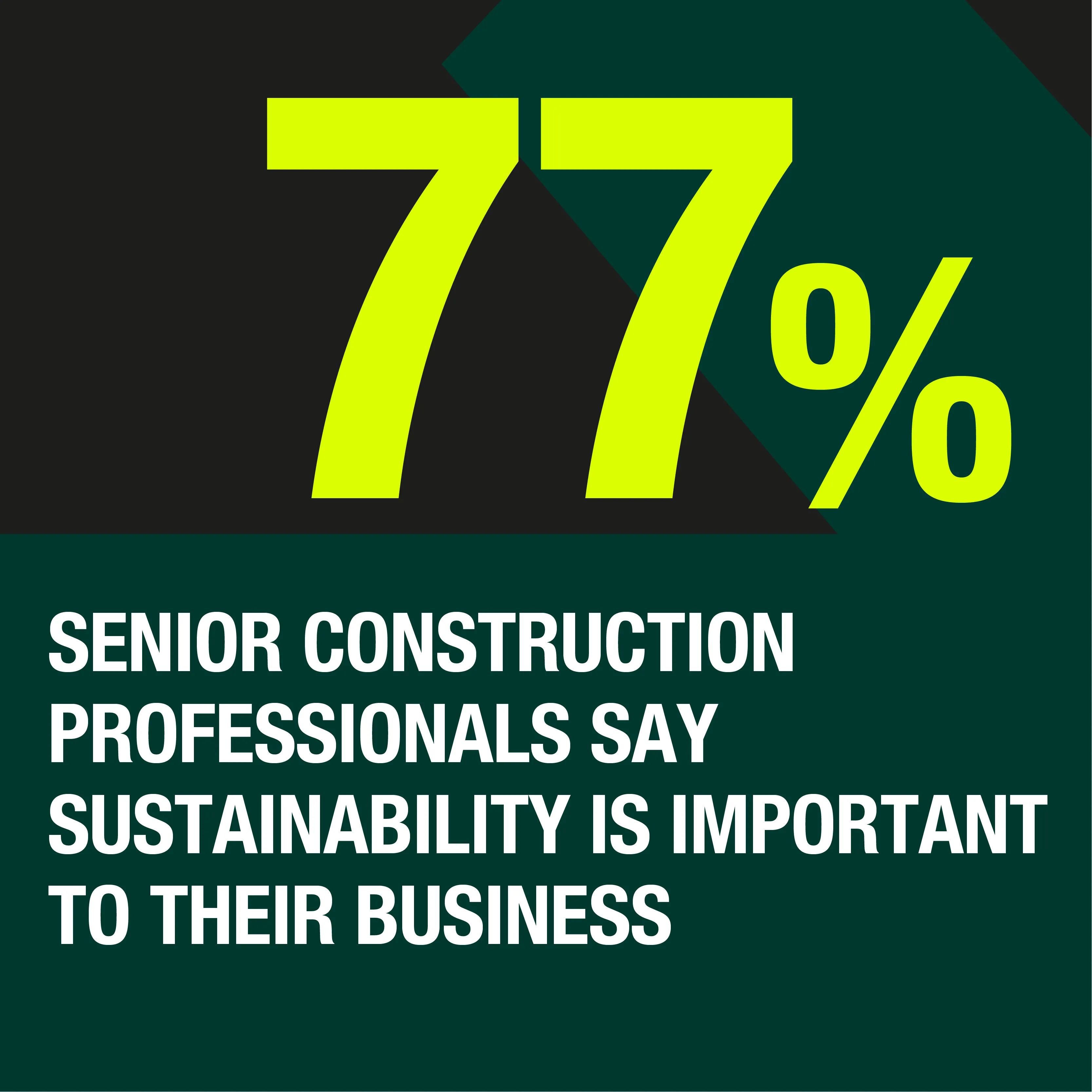
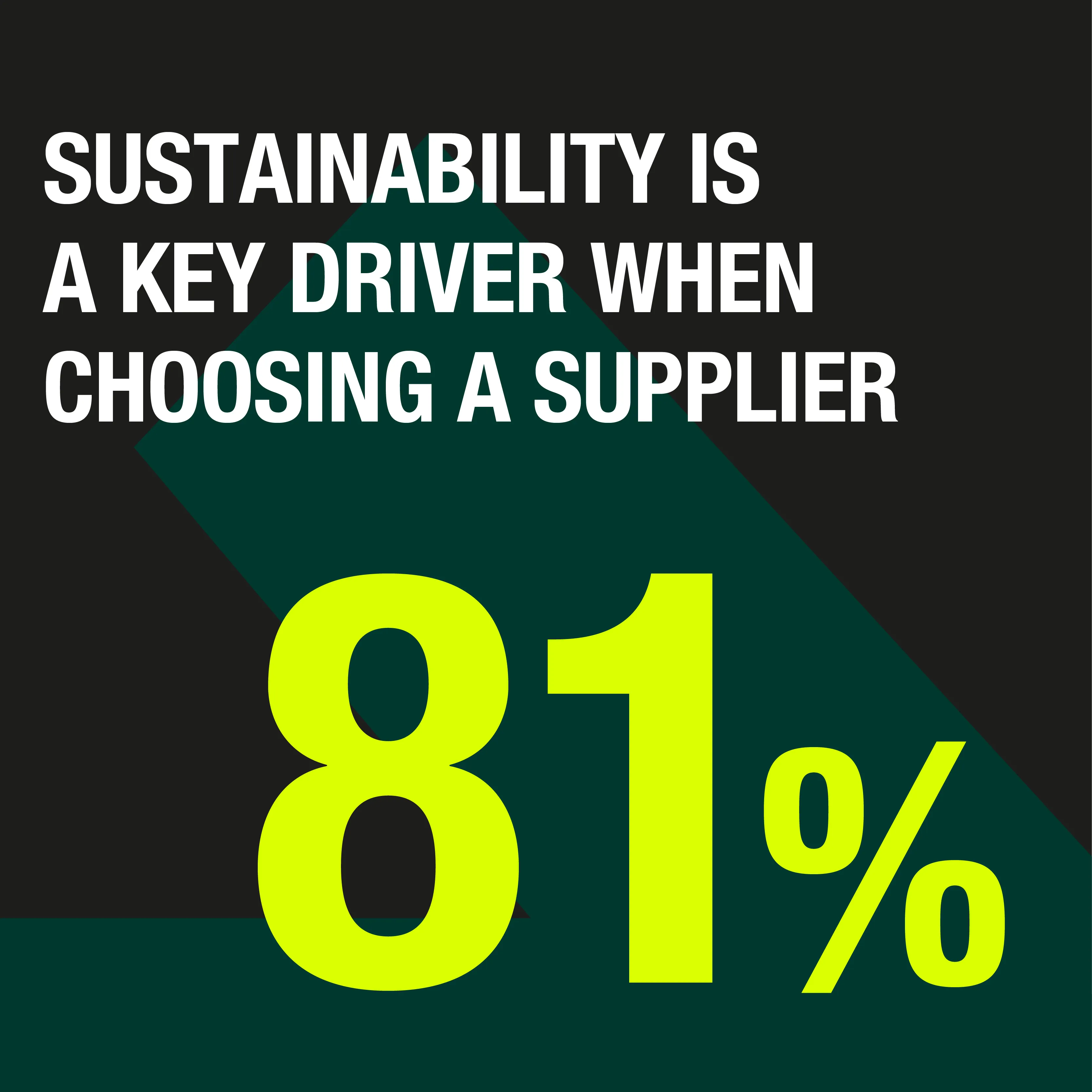
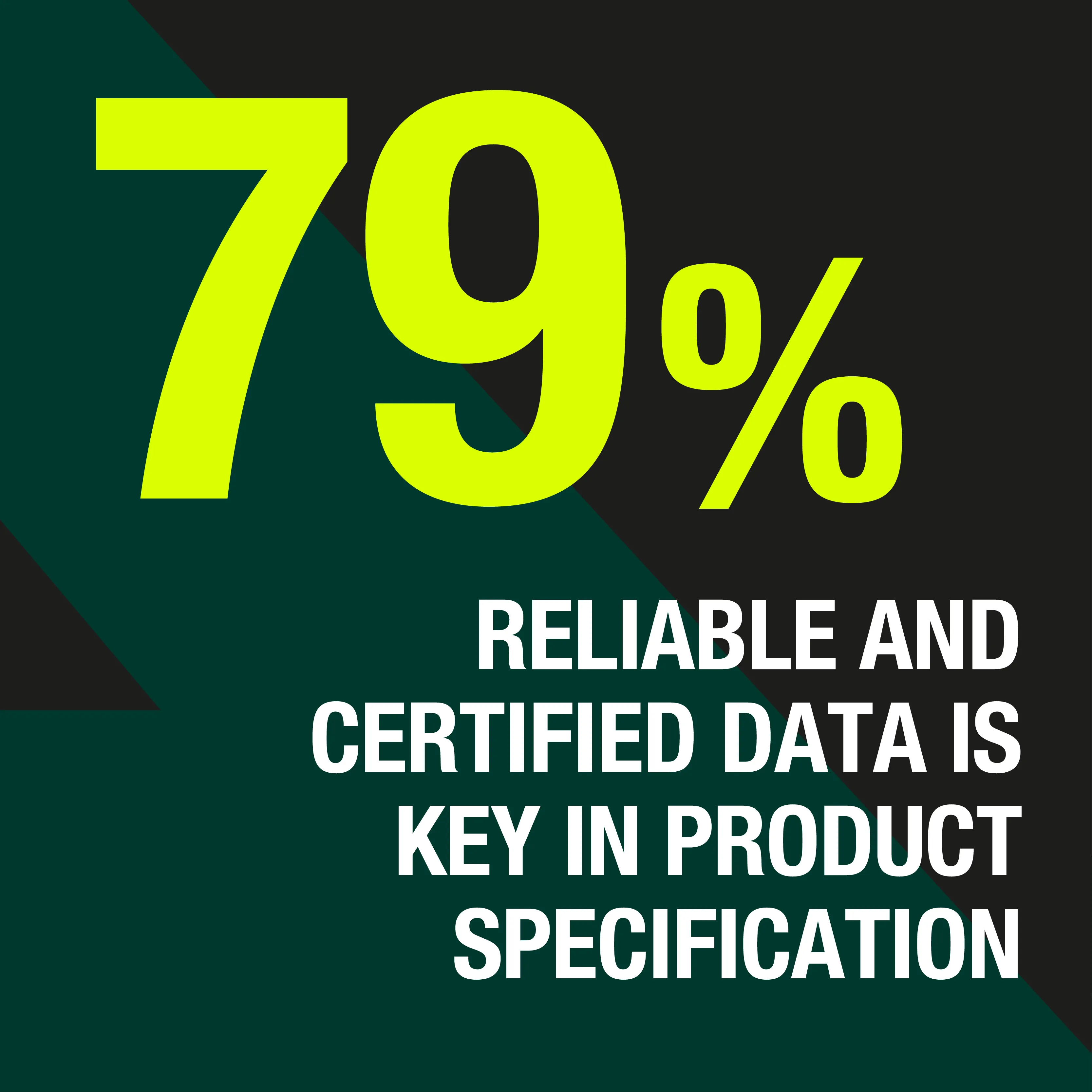
But to meet this need, the green innovation stakes must be raised higher within the construction supply chain. Our research shows that almost a third (30%) of construction workers state the need for more sustainable product development as the biggest priority for construction material manufacturers. In terms of the criteria, 26% call for building more with less, 23% state low carbon footprint, 22% state recycled content, 18% call for sustainable drainage/flood defence and 12% would like to see extended life/durability.
Importantly though, it isn’t just about manufacturing greener but providing both the visibility and understanding behind it. For four in five (79%), in fact, reliable and certified data/traceability information is important in product specification. A further four in five (80%) also want to understand the low carbon data of the products they purchase.
There is also a greater need for education from suppliers in this field, with a quarter (26%) of our respondents calling for demonstrations, 22% mentioning technical expertise and 17% stating the case for CPDS/training. 92% would like suppliers to provide more EPDs.
Clearly then, the good news is construction is gradually becoming more sustainable despite many conflicting goals and complex challenges associated with the built environment. Demonstrably too, more than ever, those operating in the sector and on the front line of tomorrow’s builds feel an acute sense of responsibility for the sustainability plight.
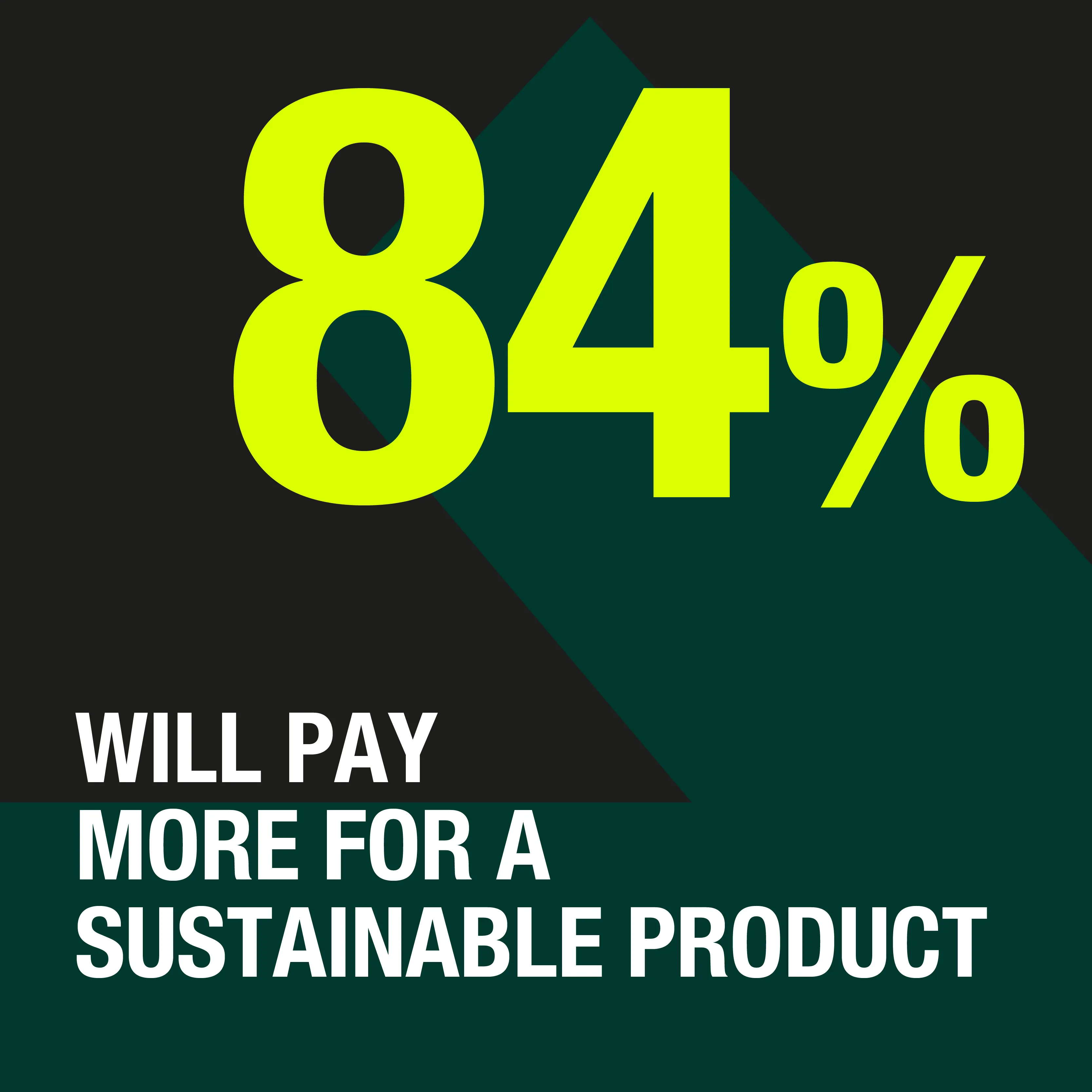
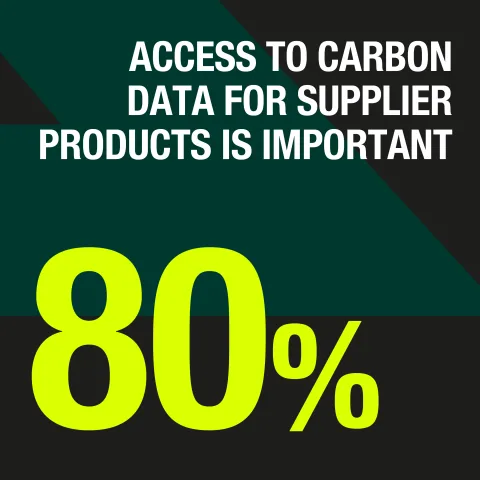
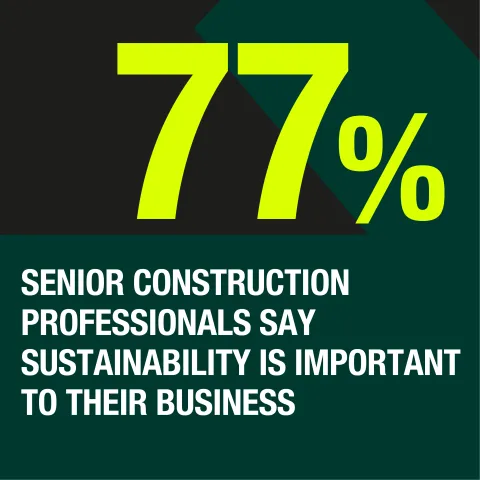
However, that is not to say we are there yet; not even close. There is still a mammoth task ahead. A large part, as demonstrated by our research, lies on construction material manufacturers to provide the sustainable product needs to make net zero happen.
Here at Aggregate Industries, we’re committed to not only playing our part but taking a lead role. This is seen as we recently launched our sustainability strategy, Building Progress for a Sustainable Future – which includes a number of boldly ambitious climate commitments – such as reducing our reducing downstream transport CO2 by 5 per cent, achieving 100 per cent zero-carbon electricity; and climate resilience risk assessments at 100 per cent.
This sits alongside one of the most pioneering ranges of sustainable construction material solutions on the market. Seeking a green concrete solution that offers 90% lower CO2 emissions compared to standard concrete without compromising on performance? Look no further. How about access to a low carbon warm asphalt solution as standard and without standard increase in price? Again, come to us. In fact, from everything to genuine eco alternatives through to a unique tool to make those all-important carbon calculations a breeze, we remain as committed as ever to not only realising our own green pathway but helping our customers achieve theirs too. It is also our hope that the wider manufacturing industry continues to come together in this endeavour.
Conclusion
Ultimately, Rome wasn’t built in a day and neither will the sustainable future of construction. It’s important to remember that, at one point, it seemed that highly energy-intensive construction and low-carbon could not go hand in hand. This shows just how far we have come. Still, as industry professionals continue to prioritise sustainability and manufacturers such as ourselves continue to innovate to meet this demand, while 2023 may not be ‘the year’ – it will most certainly be a time of meaningful sustainable progress for construction.







